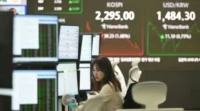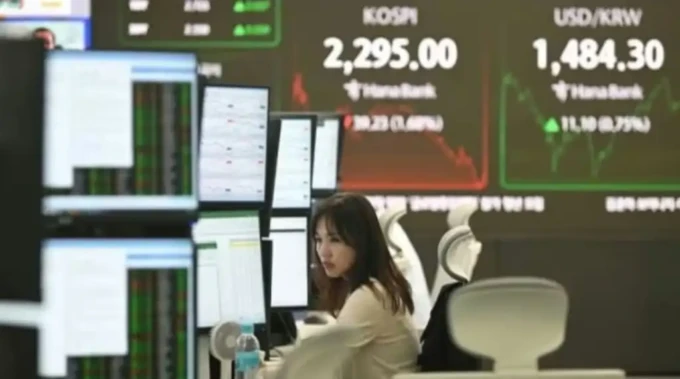U.S. stock markets experienced a modest decline as investors processed the implications of President Donald Trump’s recent tariff escalations. The S&P 500 edged down by 0.1%, the Dow Jones Industrial Average decreased by 0.5%, and the Nasdaq Composite rose by 0.3%. These movements reflect a market grappling with the immediate effects of heightened trade tensions.
The tariffs, now at levels not seen in nearly a century, have introduced an average 18.3% increase in import taxes, the highest rate since 1934. This significant rise is expected to lead to higher consumer prices and increased production costs for U.S. companies. The manufacturing sector, in particular, is bracing for challenges as supply chains adjust to the new trade environment.
Despite these concerns, global stock markets have largely absorbed the news without major disruptions. European and Asian markets have shown resilience, with indices in Germany, France, and Japan maintaining stability. This suggests that while the tariffs are a notable development, they have not yet precipitated widespread panic or significant market sell-offs.
Economists caution that the full economic impact of these tariffs may unfold gradually. While the immediate effects are being felt, the longer-term consequences will depend on how businesses and consumers adapt to the new trade landscape. Ongoing monitoring of economic indicators and market responses will be crucial in assessing the broader implications of these policy changes.
In summary, while Wall Street has experienced a slight downturn in response to the latest tariff announcements, the broader global markets have thus far taken the news in stride. The situation remains dynamic, and stakeholders are closely watching for further developments that may influence economic conditions and market performance.












I cant believe how easily the stock markets are shrugging off Trumps tariffs. Are they underestimating the impact or just playing it cool?
Seems like the market is playing a game of chicken with Trumps tariffs. Will it backfire or lead to a win? Thoughts?
Im not convinced that world stock markets are really taking Trumps tariffs in stride. Seems like theres more volatility ahead.
I dont get why everyones so chill about Trumps tariffs. Arent they gonna mess up the economy? Am I missing something here?
I cant believe the market is just shrugging off Trumps tariffs like its no big deal. Are we living in a financial twilight zone or what?
I cant believe the market isnt more shook up by Trumps tariffs. Are we all just rolling with the punches now? #crazytimes